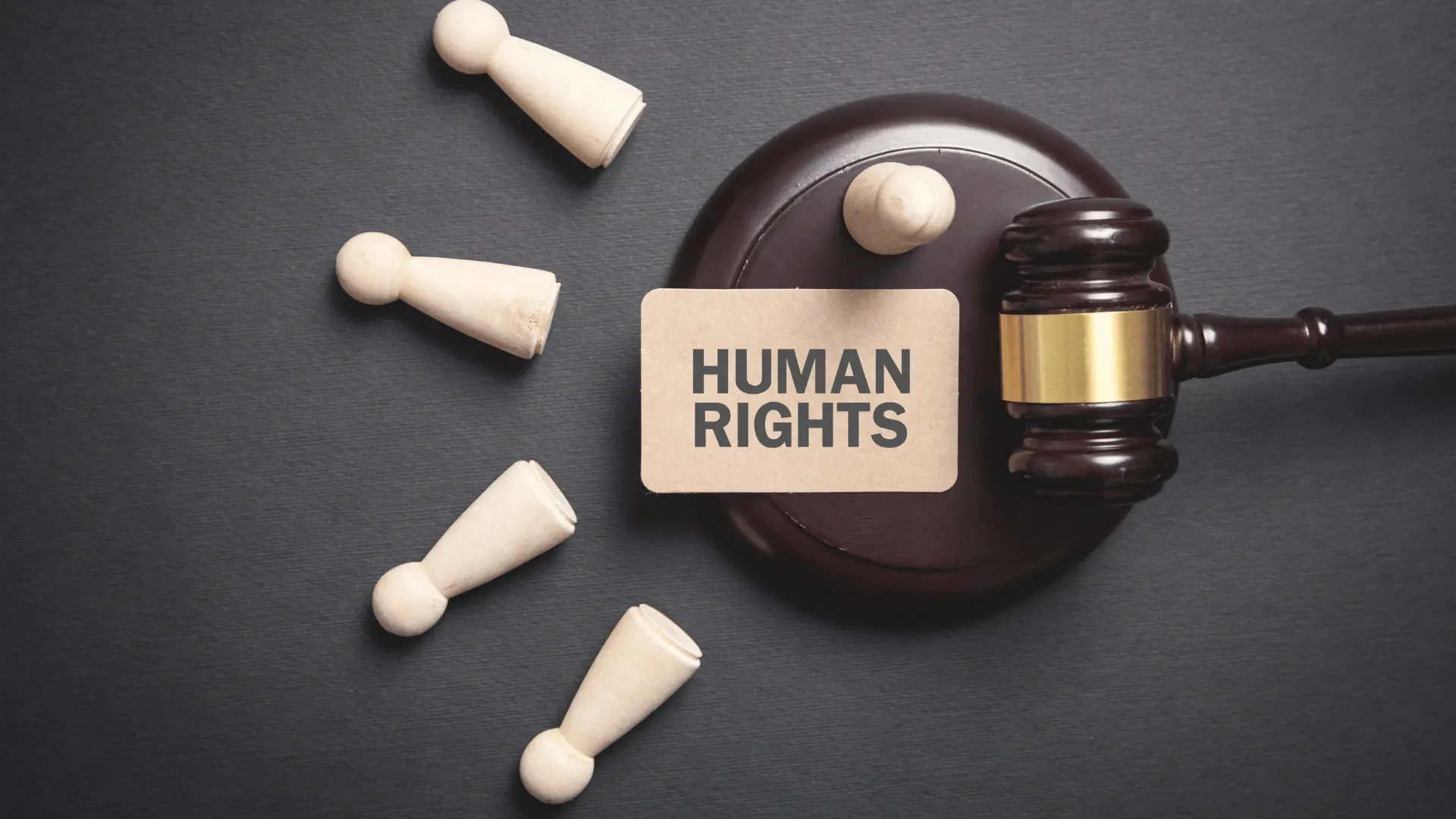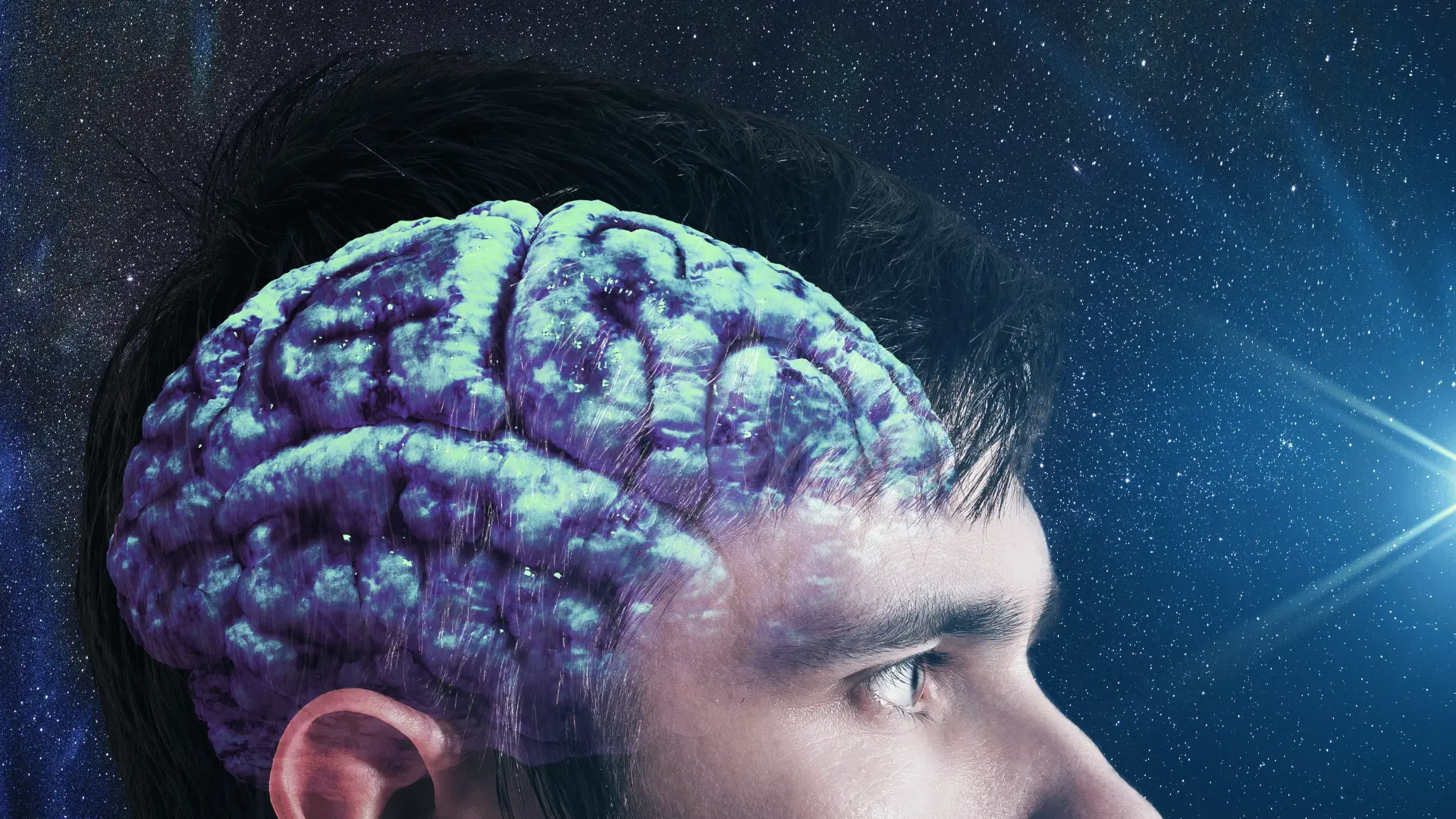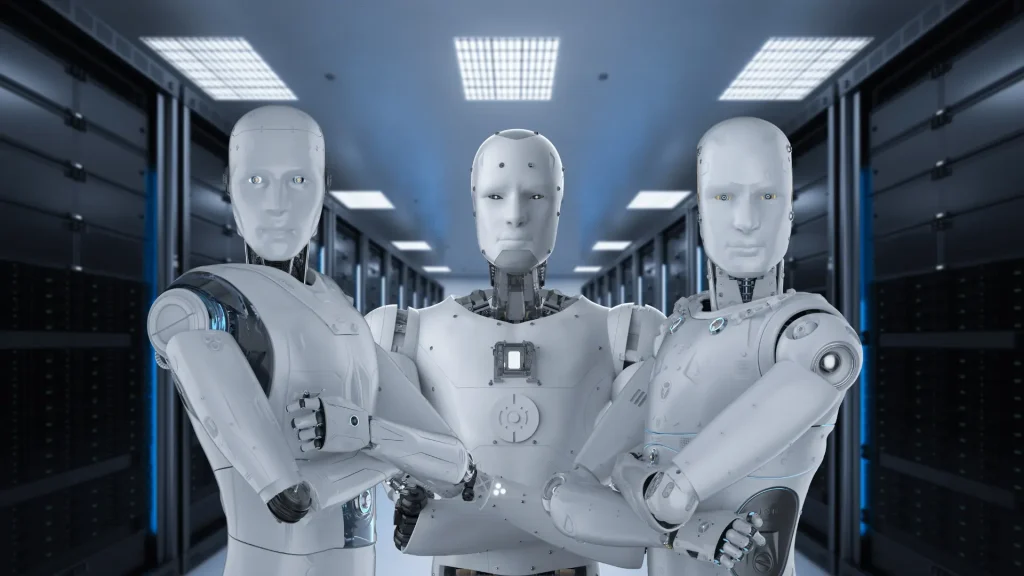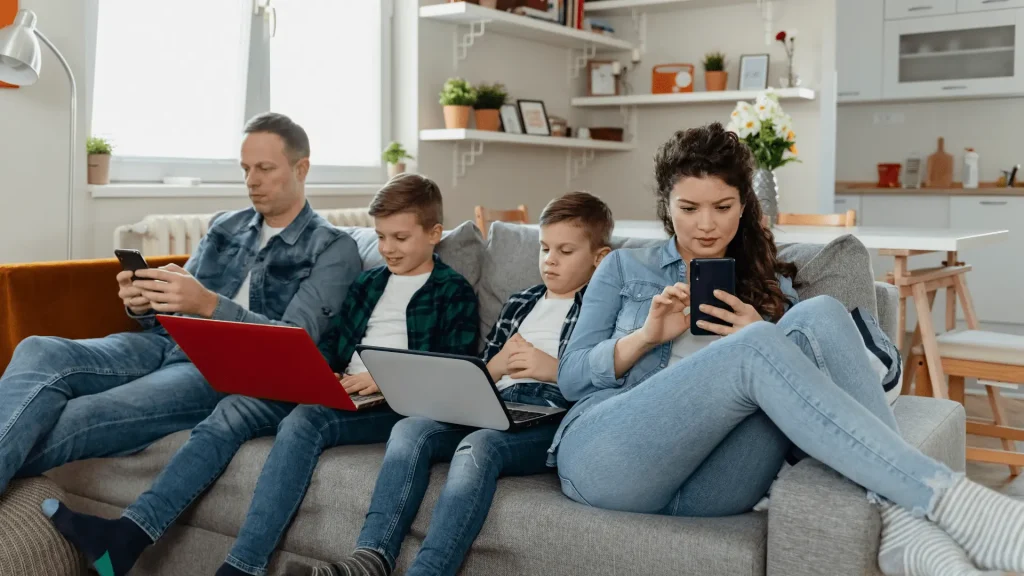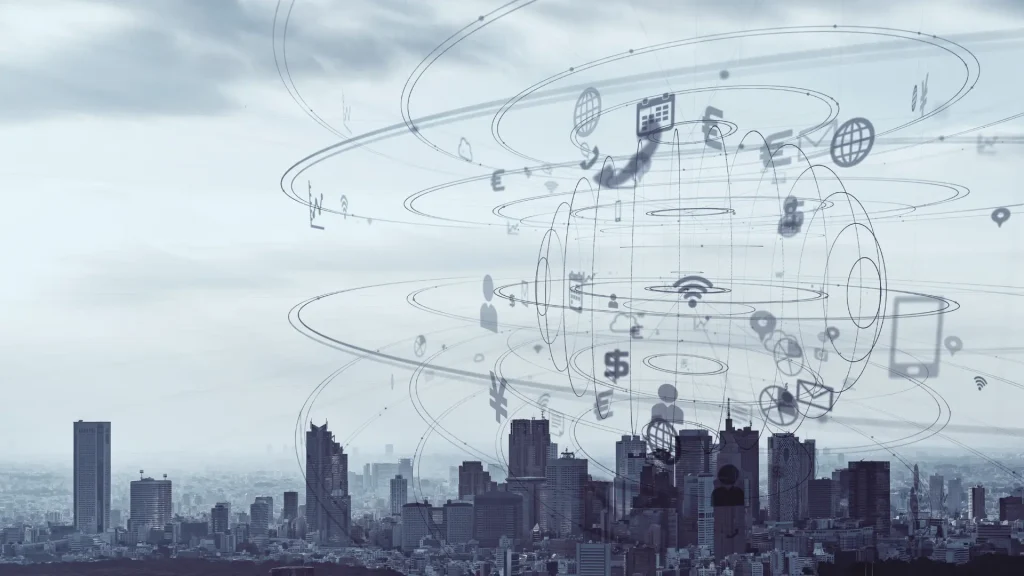The internet undoubtedly revolutionised our way of life by connecting billions worldwide and providing access to information, communication, education, and economic opportunities. Yet, as of early 2024, over 2.7 billion people still do not have internet access. This gap raises the question: should internet access be considered part of our basic human rights?

The Case for Internet as a Human Right
Access to Knowledge and Education
The internet is a gateway to knowledge. From free online courses on platforms like Coursera and Khan Academy to access to digital libraries and research papers, the internet empowers individuals to educate themselves and improve their lives. Internet access could bridge educational gaps in developing countries by providing quality resources to underserved communities.
According to UNESCO, digital learning platforms were instrumental in reducing educational disruption during crises like the COVID-19 pandemic. Millions of students would have stayed behind if they did not have access to the internet.
Take ITAfrica for instance, a non-profit planning to develop Community Tech Centres in underserved areas. These hubs provide digital tools and training to equip communities with skills for a tech-driven future. It is not just about catching up but building bridges to better opportunities.
Economic Opportunities
Internet connectivity fuels economic growth. It enables remote work, access to global markets, and entrepreneurship. Small businesses can use e-commerce platforms to reach broader audiences, while freelancers can secure clients worldwide. Research by the World Bank highlights that a 10% increase in broadband penetration can boost a country’s GDP by 1.38% in low- and middle-income economies.
The internet offers opportunities to upskill and find employment for individuals, making it a critical tool for reducing unemployment and poverty.
Democracy and Freedom of Expression
The Internet is a powerful platform for free speech, activism, and democratic participation. It enables people to voice opinions, hold governments accountable, and organise social movements. The internet could be a lifeline for free expression in countries with restricted media.
The United Nations acknowledged the importance of the Internet in promoting freedom of speech and protecting basic human rights. A 2016 UN resolution stated that online freedom is equivalent to offline freedom, urging countries to ensure equal internet access.
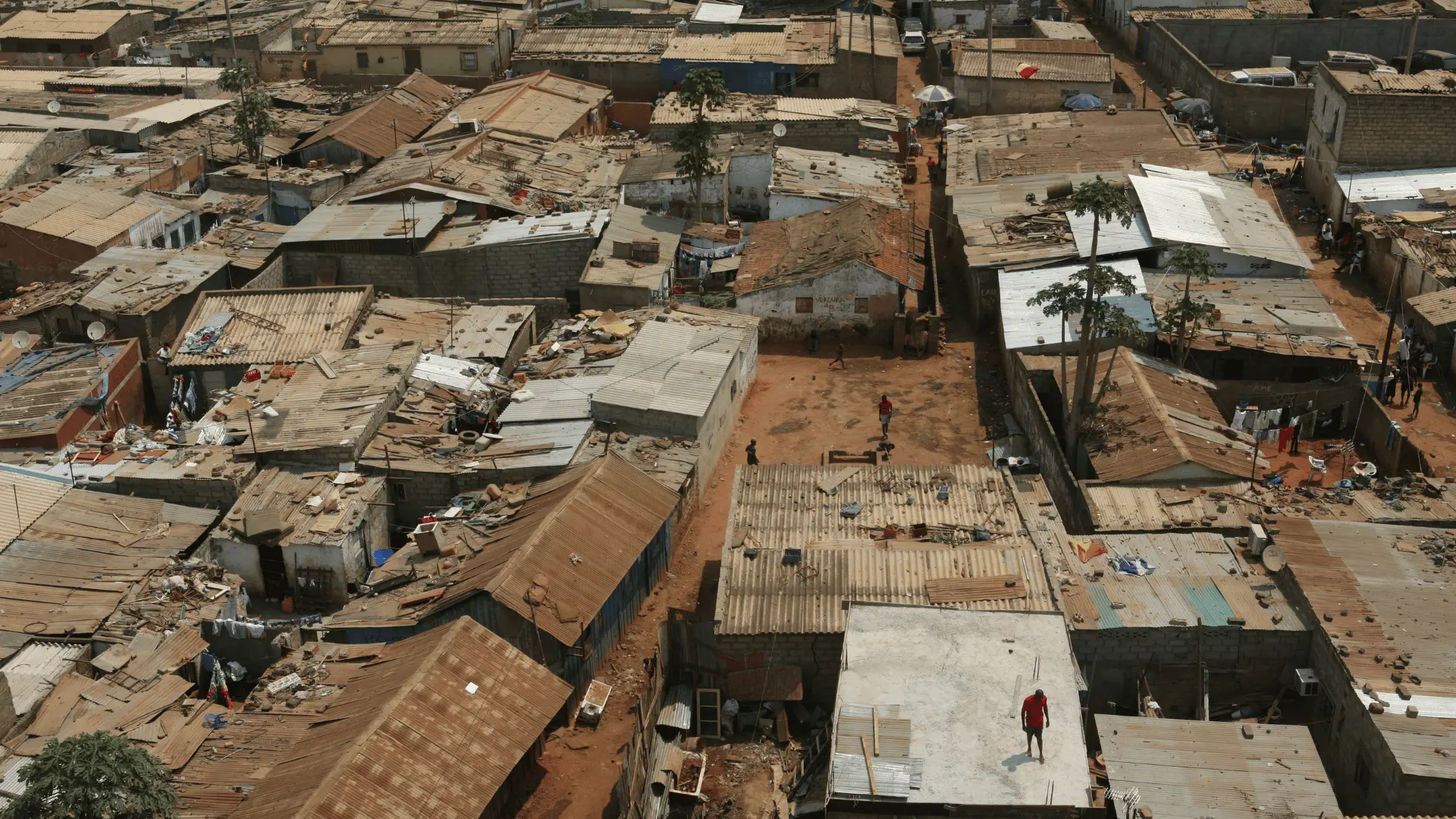
Challenges to Universal Internet Access
While recognising internet access as a basic human right is an admirable goal, it is not without challenges. Infrastructure in remote or underdeveloped regions remains inadequate, and funding such projects requires substantial investment. Affordability is another concern; even with infrastructure, high costs can prevent marginalised communities from benefitting.
Issues like Digital literacy and cybersecurity must be addressed to ensure safe and meaningful use for everyone. Giving someone the internet without skills to navigate is like handing them a car without teaching them to drive. Add cybersecurity concerns to the mix, and the challenges multiply.
Initiatives like Community Tech Centres offer a blueprint. By combining affordable access, training, and resources, they create a ripple effect of empowerment that benefits entire communities.
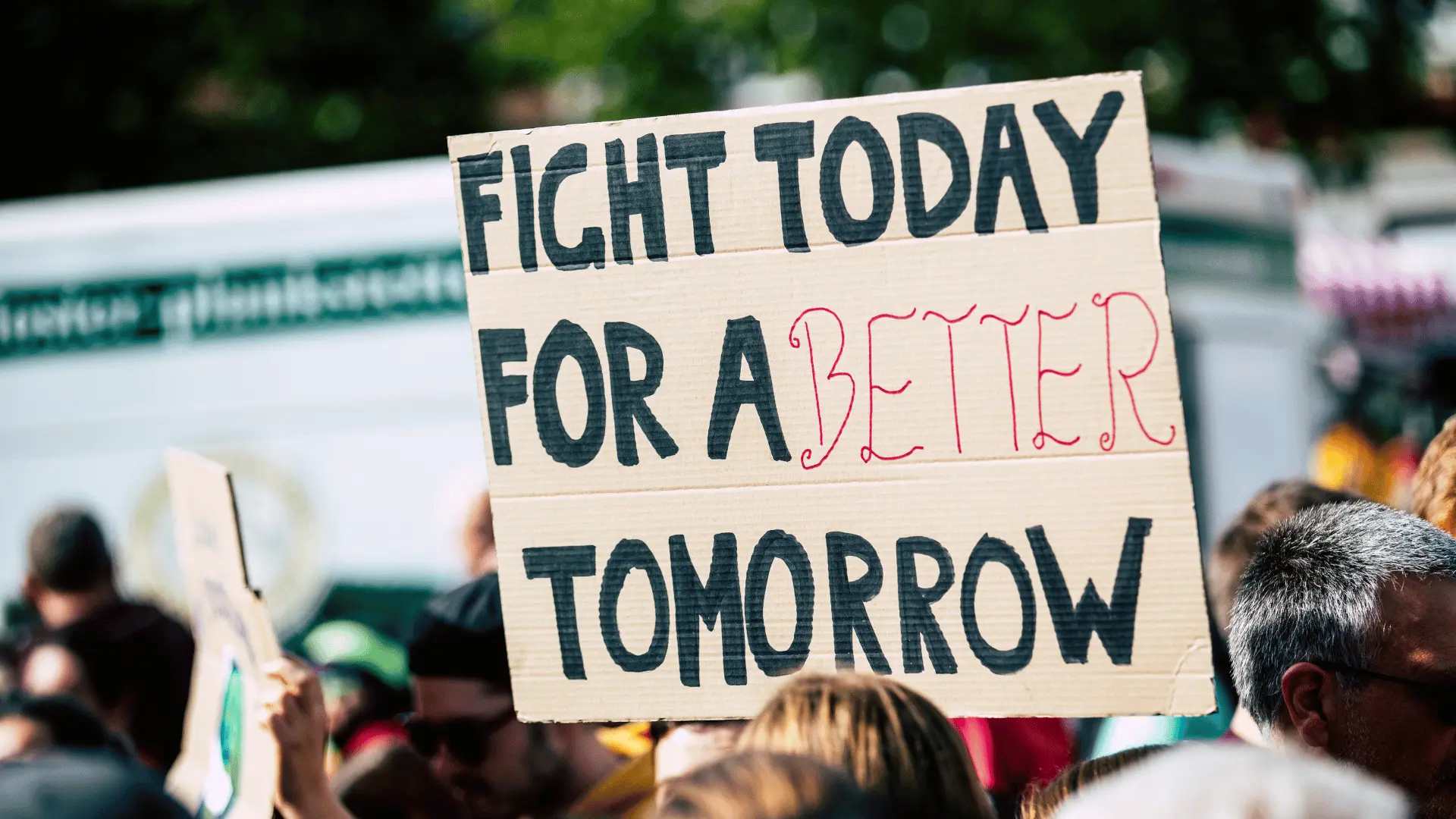
A Global Movement for Change
Several initiatives are paving the way for universal internet access. Organisations like the Alliance for Affordable Internet (A4AI) advocate for reducing broadband costs, while companies like SpaceX aim to deliver connectivity through satellite networks such as Starlink.
Some countries are already treating internet access as a fundamental right. In 2010, Finland became the first country to make broadband access a legal right for its citizens, setting a benchmark for others. Efforts like these demonstrate the feasibility of making the Internet accessible to all.
The Future of Internet Rights
Including the internet under basic human rights would necessitate global collaboration among governments, tech companies, and NGOs. It would challenge policymakers to prioritise infrastructure development, affordability, and digital literacy programs. Ultimately, such a step could transform the internet from a luxury into a necessity, promoting equality and global progress.
Envision a future where the digital divide is bridged and internet access empowers individuals universally. By unlocking potential on a global scale, we can turn the internet into a useful tool to uplift communities.

